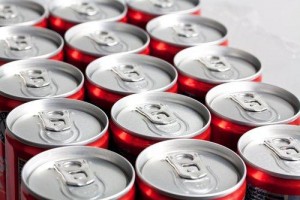Despite an outcry by some consumer advocates, the FDA has declined to ban BPA (bisphenol A) in food containers. Interestingly, the FDA refused a ban because opponents didn’t provide enough data to support a rule change. Because the FDA said that the issue merited further study, it is possible that it will reconsider its position in the near future.
Some companies, such as Campbell’s Soup, are trying to phase out BPA on their own. Indeed, Campbell’s is trying to shift away from cans (which use BPA-containing liners), and towards pouches (which don’t). Other companies, such as Coca Cola, are continuing to use BPA.
So what should companies make of this dispute, aside from assuming that class actions will be filed against even more companies if the FDA moves to ban BPA, and that it would be hard to drink carbonated soda through a straw out of a pouch?
First, there are benefits to BPA, namely preventing interactions between canned foods and the cans themselves. Absent a liner, canned food would eventually corrode the can. The result would be food that is contaminated with metal, microbes or both, and cans that leak, all of which is unhealthy. The Grocery Manufacturers Association published a very helpful article discussing this in more detail.
Second, no one wants to do anything harmful. Perhaps more importantly, no one wants to be accused of – or worse yet be perceived as – selling food that doesn’t measure up to everyone’s idea of what is healthy and wholesome, even if that idea isn’t backed up by science. (Pink slime with your burgers, anyone?)
Third, if you are going to make a change, know what you are changing to, and why. If you don’t, you may find yourself jumping out of the frying pan and into the fire.

